State Performance Plan 2005-2012 - Part B - Arkansas Department Of Education Page 68
ADVERTISEMENT
 1
1  2
2  3
3  4
4  5
5  6
6  7
7  8
8  9
9  10
10  11
11  12
12  13
13  14
14  15
15  16
16  17
17  18
18  19
19  20
20  21
21  22
22  23
23  24
24  25
25  26
26  27
27  28
28  29
29  30
30  31
31  32
32  33
33  34
34  35
35  36
36  37
37  38
38  39
39  40
40  41
41  42
42  43
43  44
44  45
45  46
46  47
47  48
48  49
49  50
50  51
51  52
52 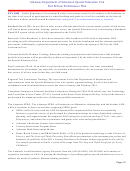 53
53  54
54  55
55 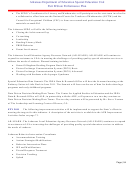 56
56 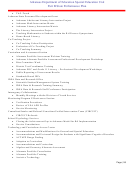 57
57 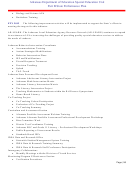 58
58  59
59 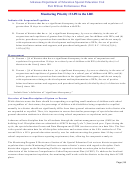 60
60  61
61  62
62  63
63 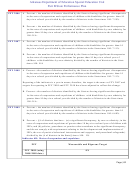 64
64  65
65  66
66 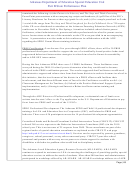 67
67 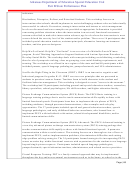 68
68 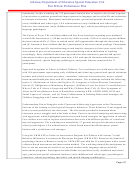 69
69  70
70 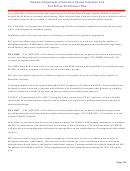 71
71 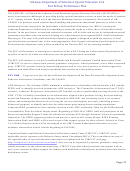 72
72  73
73  74
74  75
75 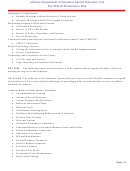 76
76  77
77 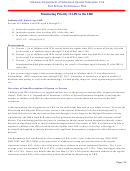 78
78  79
79  80
80 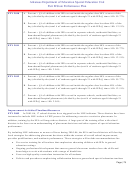 81
81 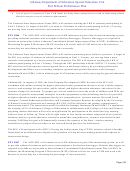 82
82 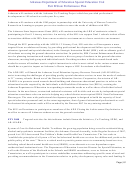 83
83  84
84 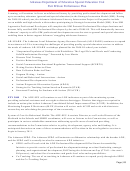 85
85 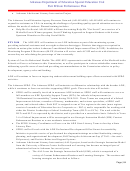 86
86 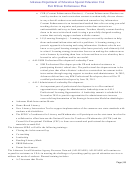 87
87 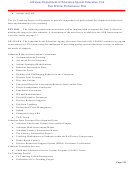 88
88  89
89  90
90 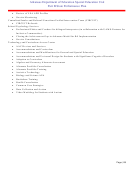 91
91 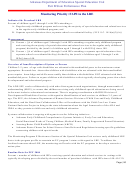 92
92 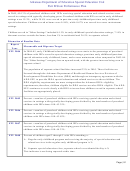 93
93 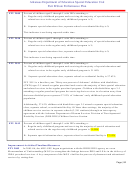 94
94  95
95  96
96 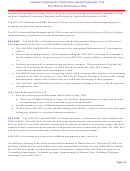 97
97 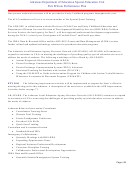 98
98  99
99  100
100  101
101  102
102  103
103 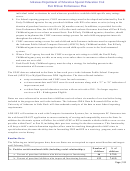 104
104 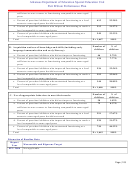 105
105  106
106 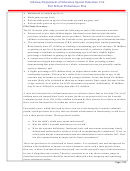 107
107  108
108  109
109  110
110  111
111  112
112  113
113 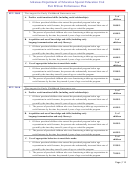 114
114  115
115  116
116  117
117 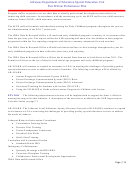 118
118 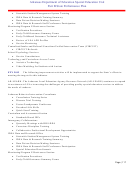 119
119  120
120  121
121  122
122  123
123  124
124 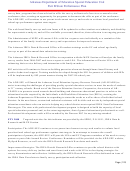 125
125 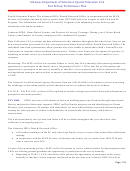 126
126 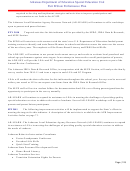 127
127  128
128  129
129  130
130 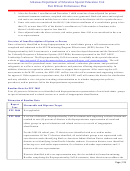 131
131 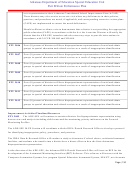 132
132  133
133 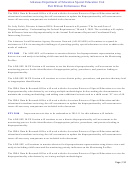 134
134 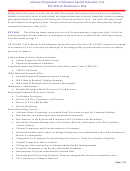 135
135  136
136  137
137 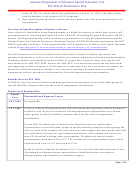 138
138 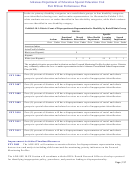 139
139  140
140  141
141  142
142 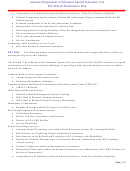 143
143  144
144 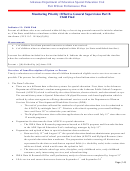 145
145 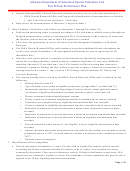 146
146  147
147 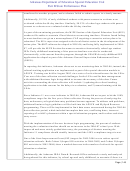 148
148 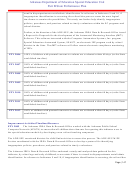 149
149 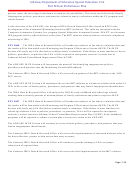 150
150 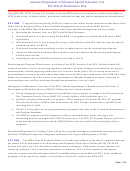 151
151  152
152  153
153  154
154  155
155 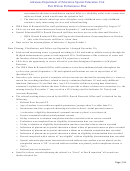 156
156 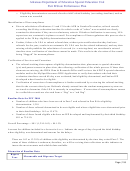 157
157 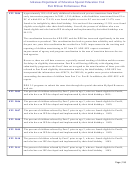 158
158  159
159  160
160  161
161  162
162  163
163 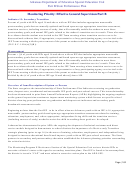 164
164  165
165  166
166 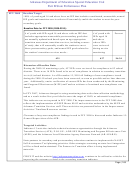 167
167  168
168 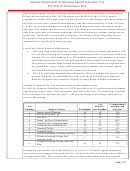 169
169  170
170  171
171  172
172  173
173 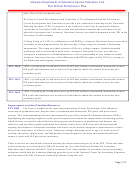 174
174 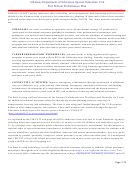 175
175  176
176 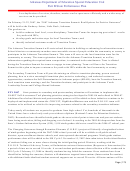 177
177  178
178 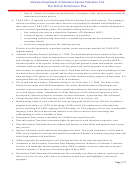 179
179  180
180 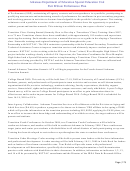 181
181  182
182  183
183  184
184 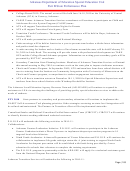 185
185  186
186  187
187  188
188  189
189  190
190  191
191  192
192 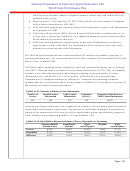 193
193 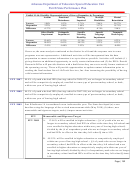 194
194  195
195 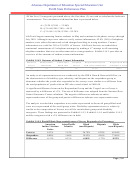 196
196  197
197 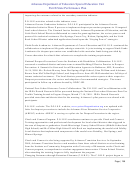 198
198  199
199 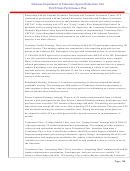 200
200  201
201  202
202  203
203 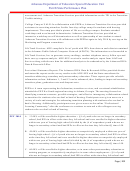 204
204 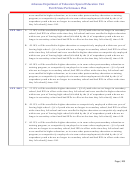 205
205  206
206 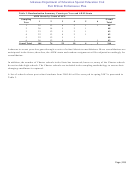 207
207  208
208 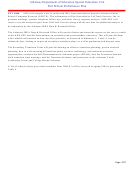 209
209  210
210  211
211 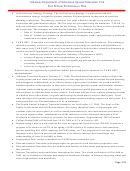 212
212  213
213  214
214  215
215 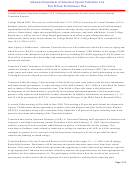 216
216  217
217  218
218 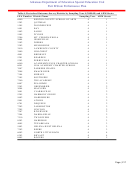 219
219 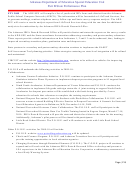 220
220  221
221 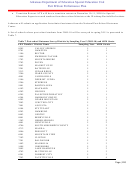 222
222  223
223 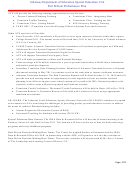 224
224  225
225 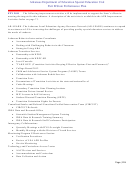 226
226 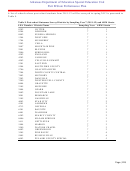 227
227  228
228 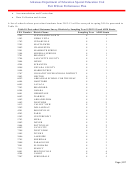 229
229  230
230  231
231  232
232  233
233  234
234  235
235 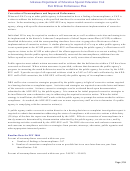 236
236  237
237 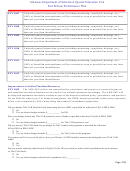 238
238  239
239 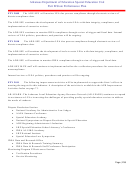 240
240 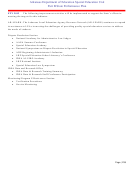 241
241 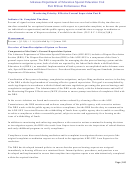 242
242  243
243  244
244  245
245 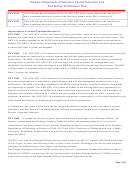 246
246  247
247 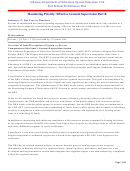 248
248 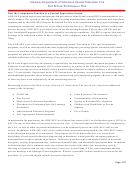 249
249  250
250 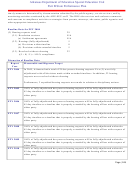 251
251 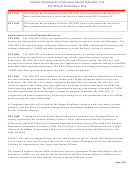 252
252  253
253  254
254  255
255 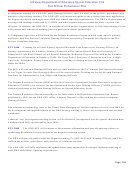 256
256 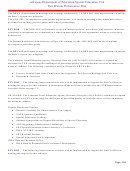 257
257  258
258  259
259  260
260  261
261 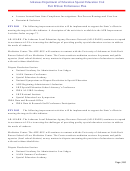 262
262  263
263 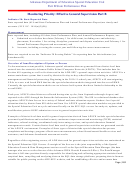 264
264 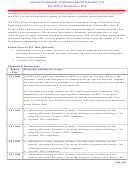 265
265  266
266  267
267  268
268 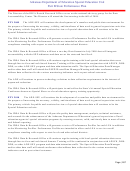 269
269  270
270  271
271  272
272 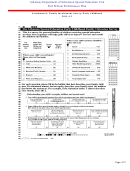 273
273  274
274 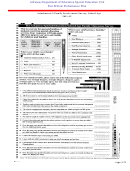 275
275  276
276 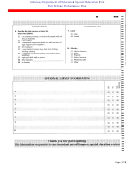 277
277 Arkansas Department of Education Special Education Unit
Part B State Performance Plan
indicators.
Disobedient, Disruptive, Defiant, and Disturbed Students: This workshop focuses on
interventions that schools should implement to assist challenging students who are behaviorally
unsuccessful in schools. Prevention, strategic intervention and intense or crisis management
levels are discussed and case examples are provided as appropriate. Information is provided
concerning problem situations where the intervention is most used, functional assessment
outcomes that link to make this intervention relevant, age levels where the intervention is most
successful and the severity level of the student and/or problem. There were 16 participants that
included special education teachers, assistant principals, alternative learning environment
teachers, and due process designees.
Help Me Get Social: Help Me "Get Social" is an overview of a Michelle Garcia Winner
program, Social Thinking Approach to Support Students with Autism Spectrum Disorders to
Develop Social Skills. The workshop deals with concepts including social thinking vocabulary,
three levels of perspective taking, clues on grouping, core social thinking requirements, and
teaming. The workshop was offered in two regions of the state and had 80 participants which
included parents, speech language pathologists, paraprofessionals, and LEA administrators.
Just Do the Right Thing in the Classroom (JDRT): JDRT is an innovative cognitive and
behavioral program for grades K-12. JDRT uses ten core principles that are presented to
students in question/ answer format. Teachers learn to build character in the student and
facilitate behavior management. This workshop is designed to create "success in the moment."
The workshop had 24 participants including general and special education teachers, counselors,
library specialists, school psychologists, life skills teachers, and higher education faculty.
Picture Exchange Communication System (PECS) Basic: The PECS Basic training is a
language training package that is used to teach communication skills rapidly to those with
limited functional speech. Participants learn how to implement the six phases of PECS,
including attributes, through presenter demonstrations, video examples and role-play
opportunities. The 37 participants included special and general education teachers, speech
language pathologists, and early childhood behavior consultants, who learned how to
implement PECS with individuals with autism, related developmental disabilities, and/or
limited communication skills.
Picture Exchange Communication System (PECS) Advanced: The PECS Advanced training is
a two-day advanced picture exchange communication system (PECS) training package that
teaches communication skills rapidly to those with limited functional speech. It promotes
communication within a social context. The training focuses on a thorough review of how to
implement PECS, such as implementation problems, discrimination difficulties and cutting
edge problem solving strategies. The 34 participants learned strategies for incorporating PECS
across an entire day within functional contexts with expectations for the student to use language
beyond single picture requests. Participants included speech language pathologists,
paraprofessionals, special education teachers, administrators, and related services providers.
Pivotal Response Training: PRT is a family-centered approach that may be implemented
throughout the day and across natural environments such as in the home, at school or in the
Page | 66
ADVERTISEMENT
0 votes
Related Articles
Related forms
Related Categories
Parent category: Legal









